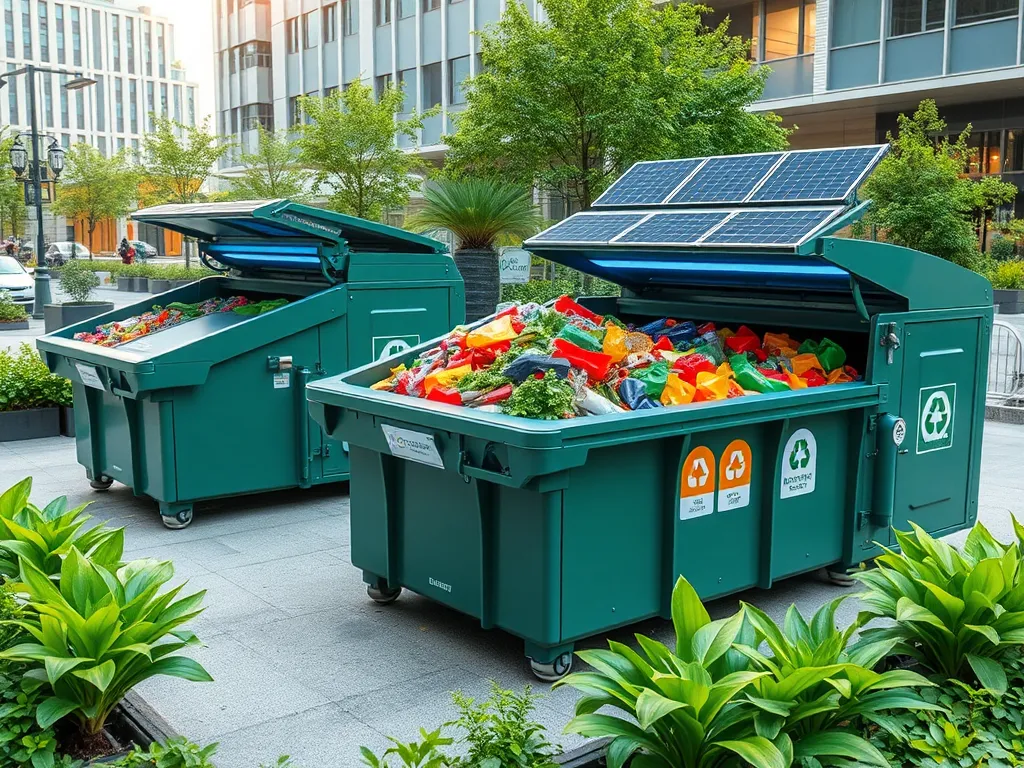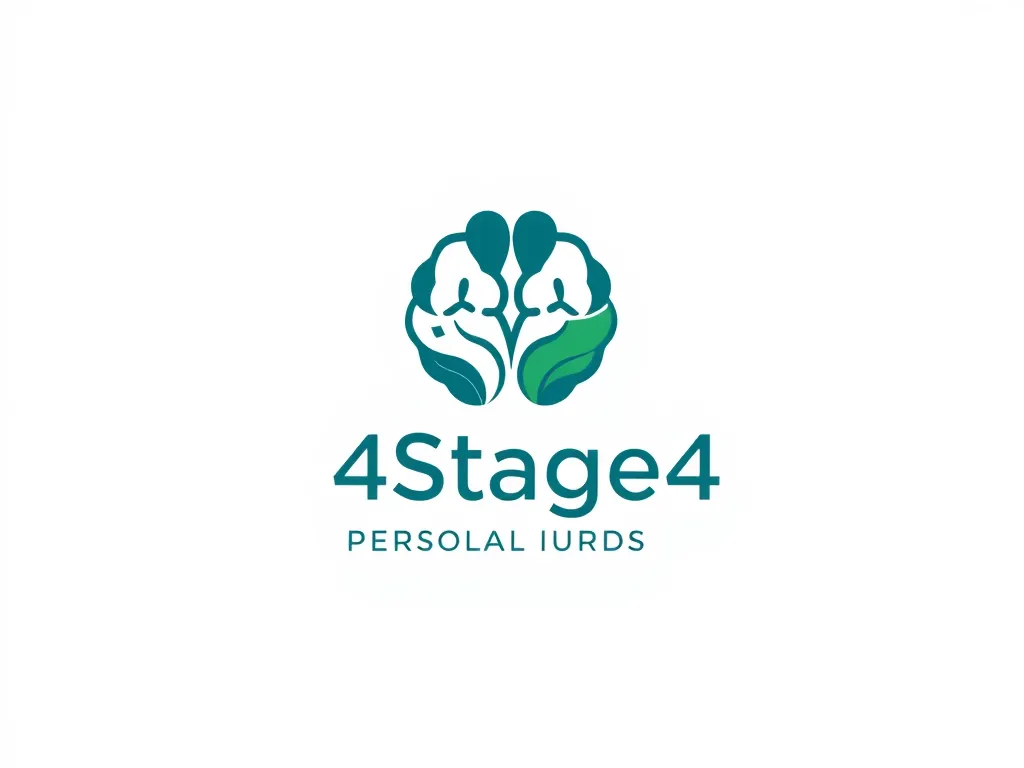Top Innovations in Dumpster Rental and Waste Removal Technology

Innovations in Dumpster Rental and Waste Removal Technology
Innovations in dumpster rental and waste removal technology are revolutionizing how we manage waste and keeping our environment cleaner. With an increasing emphasis on sustainability, efficiency, and smart technologies, the waste management industry is adapting to modern challenges. These innovations not only improve service delivery but also enhance recycling efforts, reduce costs, and minimize the carbon footprint associated with waste disposal.
To understand the impact of waste management innovations, explore this insightful article on the Internet of Trash: https://d3.harvard.edu/platform-rctom/submission/the-internet-of-trash/.
One of the most significant advancements in this field is the introduction of smart dumpster technology. By integrating the Internet of Things (IoT) into waste management, companies can monitor the fill levels of dumpsters in real-time. This not only helps in optimizing collection routes but also ensures that dumpsters are never overfilled, thereby reducing overflow and littering. The use of smart sensors allows for timely pick-ups and enhances overall efficiency in waste management.
Eco-friendly waste solutions are another area witnessing rapid innovations. Dumpster rental companies are increasingly adopting biodegradable dumpster liners, which reduce the environmental impact of waste disposal. Additionally, advancements in recycling technology enable better sorting and processing of recyclables, ensuring that more materials are diverted from landfills. Composting options that can be integrated within dumpster rentals also promote sustainable waste management by turning organic waste into valuable compost instead of burying it in landfills.
Mobile apps for waste management have emerged as user-friendly platforms that facilitate seamless communication and service access. These applications provide intuitive rental interfaces that allow users to easily book and manage dumpster rentals from their smartphones. Real-time waste tracking features help customers monitor waste levels and collection schedules, enhancing the overall user experience. They also incorporate feedback mechanisms that give users an opportunity to provide suggestions for service improvements, fostering a more consumer-centric approach.
The deployment of drones and robotics in waste removal is another innovative step forward. Drone delivery and collection systems are being researched and tested, offering potential solutions for quickly transporting waste to disposal sites without human intervention. Robotics are being utilized to assist with heavy lifting, reducing worker injury and increasing efficiency in waste handling. Additionally, navigation technology allows these machines to access hard-to-reach areas, further expanding the possibilities of waste collection.
Smart Dumpster Technology
The integration of IoT in waste management represents a major leap forward in dumpster rental services. With smart dumpster technology, the waste management sector can utilize real-time data to anticipate service needs and optimize operations. This innovation leads to more timely waste collections, better management of resources, and a more responsive approach to customer demand.
Smart sensors installed in dumpsters monitor waste levels and send alerts when bins are nearing capacity. This data-driven approach eliminates guesswork for service providers, allowing them to schedule pickups precisely when needed. It mitigates risks associated with overflowing dumpsters and empowers waste management companies to enhance their service efficiency.
Automated scheduling powered by smart technology allows for intelligent routing based on real-time traffic and other variables. This not only saves fuel but also decreases operational costs. By automating the scheduling process, waste removal companies can ensure timely service delivery with greater reliability and less environmental impact.
Eco-Friendly Waste Solutions
The push for greener practices in the waste management industry has led to the adoption of biodegradable dumpster liners. These liners decompose naturally, significantly reducing the environmental footprint that traditional plastic liners leave behind. Companies utilizing these liners contribute to minimizing landfill waste and promote sustainable waste disposal methodologies.
Recycling technology advancements mean that materials that previously would have been sent to a landfill can now be processed efficiently. Enhanced sorting systems, powered by AI and machine learning, allow for accurate separation of recyclables, improving recycling rates and ensuring more materials are repurposed back into useful products.
Composting options integrated within dumpster rentals provide an eco-friendly alternative for organic waste. Customers can rent specific compost-friendly dumpsters, promoting responsible waste separation and recycling organic materials, which can then be transformed into rich compost for agricultural or landscaping uses.
Mobile Apps for Waste Management
Mobile applications have transformed how individuals and businesses manage their waste disposal needs. User-friendly rental interfaces allow customers to conveniently order dumpster rentals or waste pickup services, making the process straightforward and accessible. This added convenience promotes wider adoption of responsible waste management practices.
Real-time waste tracking through mobile apps lets customers view the status of their waste containers, including fill levels and scheduled pickups. This transparency builds trust and ensures that users can proactively manage their waste disposal without worrying about missed collections.
Feedback mechanisms embedded within mobile applications encourage users to share their experiences and suggestions for service improvements. This direct line of communication helps waste management companies enhance their services and respond more effectively to customer needs, ultimately fostering a better waste management ecosystem.
Drones and Robotics in Waste Removal
The integration of drones into waste management is paving the way for efficient collection methods. Drone delivery and collection systems are capable of swiftly transporting waste, especially in areas where traditional vehicles may struggle to access. This innovation could revolutionize the speed and efficiency of waste removal operations.
Robotic assistants are being developed to handle heavy lifting and sorting tasks in waste facilities, alleviating the physical strain on workers and increasing safety during waste handling processes. As robots become more advanced, they will take on complex tasks, further optimizing waste management workflows.
Navigation technology empowers drones and robotic systems to navigate challenging terrains and reach remote areas for waste collection. By expanding the capabilities of waste management operations, these innovations can significantly enhance service quality and efficiency, ensuring that no waste is left behind due to accessibility issues.
Sustainable Transportation for Waste Collection
The waste collection industry is also witnessing a shift towards sustainable transportation options. Electric and hybrid waste trucks are becoming increasingly common, drastically reducing emissions associated with waste collection processes. This transition is vital for lowering the carbon footprint of the waste management sector.
Optimized routing technologies further contribute to fuel efficiency by allowing waste collection vehicles to follow the most efficient paths. This not only conserves fuel but also decreases greenhouse gas emissions, aligning with the ongoing efforts to combat climate change.
The use of alternative fuels in waste collection vehicles is gaining traction as an innovative approach to minimizing environmental impact. By exploring options such as biofuels or compressed natural gas, companies can diversify their energy sources and further enhance the sustainability of waste collection operations.
